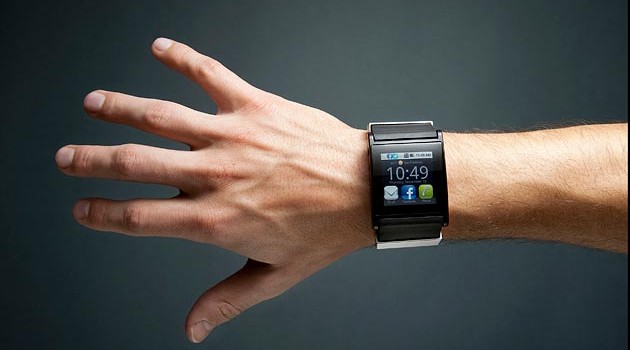Pretty Posts
- The Importance of Computer Repair
- Embrace The Forefront Of Dynamic Marketing Content With Advanced Digital Signage
- 6 Major Reasons as to Why Your Business Videos Should Be on YouTube
- Follow these Tips to Choose the Best Small Business Server
- How does an IT course curriculum change depending on the college?
Are Smartwatches the future? The latest product release by Apple would certainly suggest that wearable tech is the going to dominate the market in 2015, but many are still sceptical about the new technology.
Small screens and issues with battery life are already a cause for concern, but one of the main issues for critics at the moment is the price. Although Apple has pledged to keep its basic model to an affordable price (around $349 in the US), the amount of usability for that money could be problematic.
Not So Smart
There’s no doubt that Smartwatches will bring the power of the internet to user’s wrists, but exactly how far that power will extend is unclear. One of the main areas of difference between Smartwatches and Smartphones (and tablets) experts are predicting is gaming. The size of the screens will make it difficult for players to enjoy a game to its full capacity.
However, that doesn’t mean it won’t be possible to develop games that work well on a smaller screen. In fact, it’s highly likely that many of the major gaming developers are working on a series of new offerings as we speak.
The Smart Choices
Although gaming might be an area where Smartwatches will struggle, there are plenty of other areas in which they will thrive. Betting has become big business in the app world over the last few years with a number of operators jumping on the bandwagon. Products such as the Betfair sports app have allowed users to refine their betting activities and become more profitable using their Smartphones and, potentially, Smartwatches.
Another genre of apps that could work well is “swipeables”. Any app where users can swipe through news feeds, pictures or potential matches (such as Tinder) would work well on a Smartwatch. The size of the screen wouldn’t be an issue and it’s a relatively natural motion to raise your arm and swipe with the other hand.
The final area in which Smartwatches will undoubtedly excel is the fitness industry. Athletes and fitness freaks currently have two options when it comes to tech: a specially designed watch with built in trackers or an add-on for their Smartphones. The Smartwatch would effortlessly combine both of these products into a single platform and, thus, improve the overall process. From monitoring heart rates to providing GPS data and dietary needs, Smartwatches could revolutionise the way people approach their training routines.
Are Smartwatches the future? In some areas: yes. But in other ways: probably not.



Leave a Reply